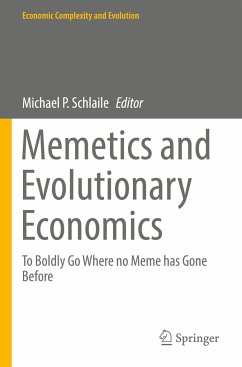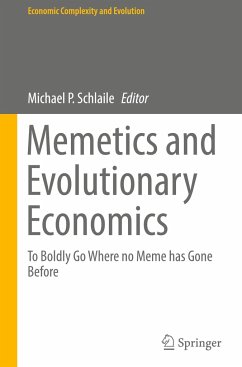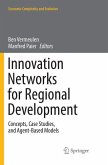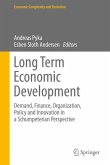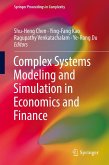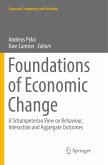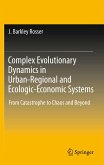The book first demonstrates how a memetic approach to economic evolution can help to reveal links and build bridges between different but complementary concepts in evolutionary economics. Secondly, it shows how organizational memetics can help to capture the complexity of organizational culture using meme mapping. Thirdly, it presents an agent-based simulation model of knowledge diffusion and assimilation in innovation networks from a memetic perspective. The authors then use agent-based modeling and social network analysis to evaluate the diffusion pattern of the Ice Bucket Challenge as an example of a "viral meme." Lastly, the book discusses the central issues of agency, creativity, and normativity in the context of economemetics and suggests promising avenues for further research.
The book first demonstrates how a memetic approach to economic evolution can help to reveal links and build bridges between different but complementary concepts in evolutionary economics. Secondly, it shows how organizational memetics can help to capture the complexity of organizational culture using meme mapping. Thirdly, it presents an agent-based simulation model of knowledge diffusion and assimilation in innovation networks from a memetic perspective. The authors then use agent-based modeling and social network analysis to evaluate the diffusion pattern of the Ice Bucket Challenge as an example of a "viral meme." Lastly, the book discusses the central issues of agency, creativity, and normativity in the context of economemetics and suggests promising avenues for further research.

